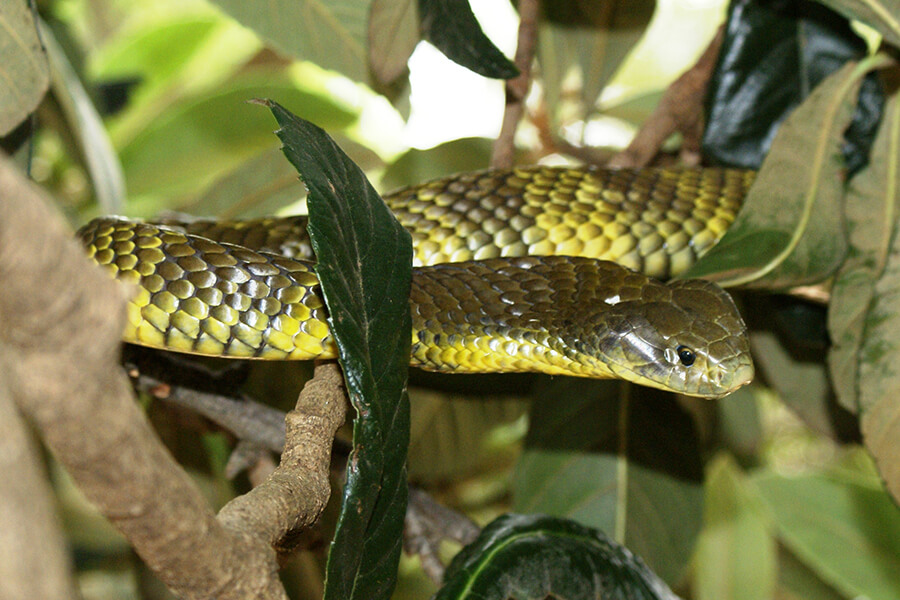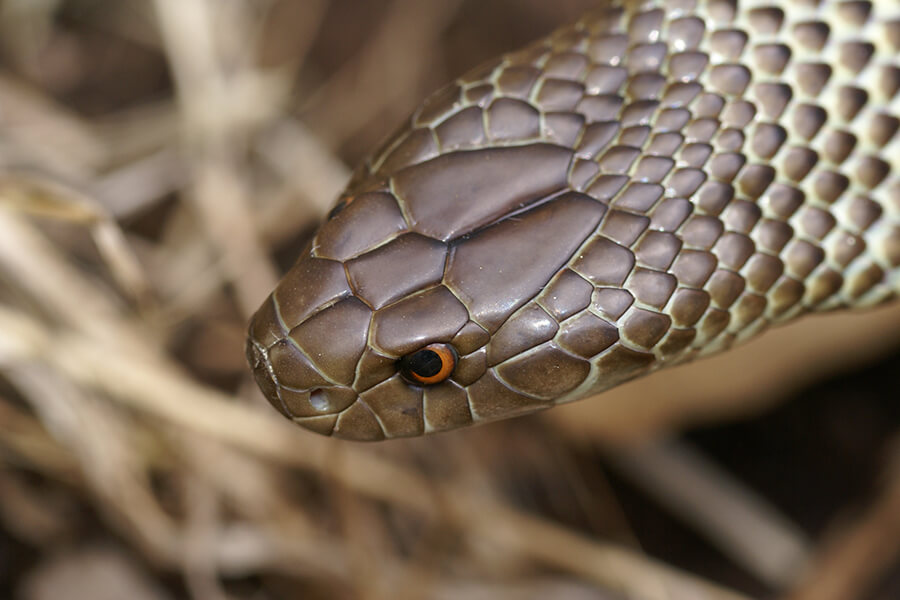Introduction
When it involves venomous snakes, Australia is home to several of one of the most remarkable and dangerous varieties worldwide. Among these, the Tiger Snake stands out not just for its powerful poison but likewise for its fascinating behavior. Recognizing the actions of poisonous snakes like the Tiger Snake is critical for both wild animals lovers and those staying in locations where these serpents are present. This post explores numerous elements of Tiger Snake actions, environment, identification, safety measures, and emergency treatment methods in instance of a serpent bite.
Understanding the Behavior of Venomous Snakes Like the Tiger Snake
The Tiger Snake, medically referred to as Notechis scutatus, is infamous for its aggressive nature when endangered. These snakes display a series of behaviors that can be fairly various from their non-venomous equivalents.
Characteristics of Tiger Snakes
The Tiger Snake is conveniently recognizable due to its distinctive bands or stripes that look like a tiger's markings. They can differ in shade from yellowish-brown to dark olive or black. This pigmentation serves not just as camouflage yet also as a warning signal to possible predators.

Adaptability to Environment
One remarkable aspect of their actions is their flexibility to numerous atmospheres. Discovered largely in coastal regions, marshes, and wetlands throughout Australia and Tasmania, they can prosper in diverse habitats consisting of urban Best first aid practices for Australian snakebites locations.
Hunting Techniques
Tiger Snakes are ambush killers largely preying on fish, frogs, and tiny animals. They have eager vision and an acute feeling of scent which helps them in finding victim effectively.
Venom Composition
Their poison contains neurotoxins that influence the nervous system, leading to paralysis or fatality in smaller animals. For people, immediate medical focus is essential after a tiger snake bite as a result of its possibly lethal effects.
Natural Environment of Tiger Snakes
Preferred Locations
Understanding where these snakes live clarify their behavioral patterns. The tiger serpent habitat includes:
- Coastal regions Swamps Grasslands Urban locations with plentiful water sources
Seasonal Movements
During warmer months, Tiger Snakes are a lot more energetic as they bask in sunlight or search for food. In contrast, chillier months see them pulling away right into hibernation sites.
Are Tiger Snakes Venomous?
Yes! The question "are tiger snakes venomous?" frequently emerges amongst those not familiar with this varieties. Their venom is taken into consideration one of the deadliest among all serpent species worldwide.
Symptoms of a Tiger Snake Bite
If bitten by a tiger snake, symptoms might consist of:
- Localized pain Swelling at the bite site Nausea and vomiting Sweating and confusion
Immediate medical help is critical as untreated bites can bring about severe health and wellness complications or even death.
First Aid for Snake Bites: Quick Action Guide
Knowing just how to provide first aid for a snake bite can save a person's life. Right here's what you should do:
Step 1: Remain Calm
Keeping tranquility assists decrease heart price which decreases poison spread.
Step 2: Paralyze the Impacted Area
Keep the affected arm or Discover more leg still and listed below heart degree if possible.
Step 3: Call Emergency Services
Always look for specialist clinical aid quickly after a snake bite.
First Aid for Snake Bite Set Essentials
A fully equipped snake bite first aid kit ought to include:
- A compression bandage Antiseptic wipes A pair of scissors An ice bag
Safety Precautions: Protecting against Snake Bites in Australia
Awareness Programs
Educating communities regarding neighborhood snake types and their behaviors can significantly minimize encounters leading to bites.

Avoiding Dangerous Areas
Staying away from long turf throughout warmer months reduces contact with snakes that might be relaxing or hunting.
Common Mistaken beliefs About Tiger Snakes
Many people believe misunderstandings regarding the actions of tiger serpents bring about unneeded anxiety. Below are some clarifications:
Myth 1: All Tigers Are Aggressive
Not all tiger snakes will certainly show aggression if left undisturbed; many choose leaving instead of confrontation.

Myth 2: They Chase Humans
Tiger snakes do not proactively chase human beings; they may strike when they really feel intimidated but will generally pull back if offered space.
Conservation Efforts Connected to Poisonous Snakes
Conservation efforts concentrate on enlightening neighborhoods concerning shielding local wild animals while reducing human-snake interactions.
Importance of Ecosystems
Understanding that venomous snakes play a vital duty in keeping ecological equilibrium aids foster recognition instead of anxiety in the direction of them.
FAQs About Tiger Snakes
What should I do if I come across a tiger snake?- Maintain range and slowly pull back without sudden movements.
- While bites aren't exceptionally usual because of awareness initiatives, they still take place every year within Australia.
- Baby tiger serpents can supply full doses of poison in spite of being smaller sized; thus caution is encouraged around them.
- They largely consume frogs, fish, tiny mammals like rats, and various other reptiles.
- It's illegal in a lot of territories without correct licensing because of security concerns regarding their venom.
- Wear sturdy boots and stay on marked tracks; appearance prior to positioning hands or feet right into concealed rooms like rocks or logs.
Conclusion
Understanding the behavior of poisonous serpents like the Tiger Serpent not only improves our expertise yet also advertises security awareness amongst those living near their environments. From identifying their characteristics, understanding emergency treatment protocols adhering to a bite, with involving conservation initiatives-- every aspect plays a vital role in cultivating Camouflage in Australian snakes conjunction with these fascinating reptiles while appreciating their area within our ecosystem.
As we strengthen our understanding through education and experience, we contribute positively toward guaranteeing both human safety and security and wildlife preservation-- benefitting all events involved!